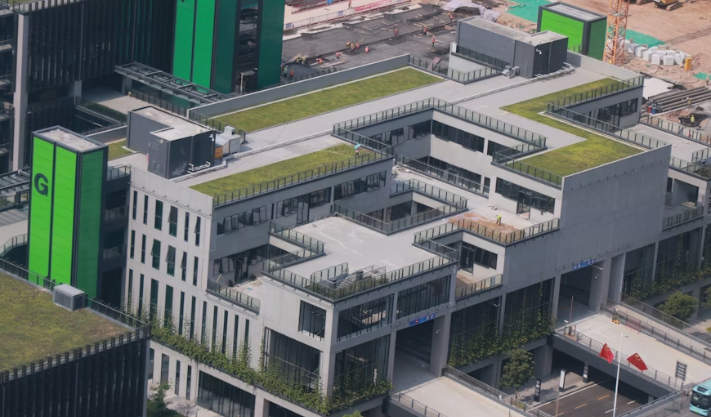Green Buildings and ESG: The Future of UK Real Estate
The UK real estate sector is undergoing a transformative shift, driven by environmental, social, and governance (ESG) priorities. With growing pressure from investors, regulators, and occupiers, green buildings—those designed with sustainability at their core—are quickly becoming the standard rather than the exception. This transition is reshaping the future of property development, investment, and management across the country.
The ESG Imperative
Environmental concerns have risen sharply on the agenda, as the UK works toward its legally binding target of net-zero greenhouse gas emissions by 2050. The built environment is responsible for approximately 25% of the UK’s carbon footprint, making it a critical sector in achieving climate goals. Consequently, ESG frameworks are now essential in evaluating the long-term value and risk profile of real estate assets.
Investors are increasingly incorporating ESG criteria into decision-making processes. Buildings that score poorly on sustainability metrics may face depreciation, higher operational costs, or reduced demand. Conversely, properties that adhere to green standards are more likely to attract institutional capital, benefit from government incentives, and appeal to environmentally conscious tenants.
Green Buildings: More Than Just Energy Efficiency
A green building goes beyond simple energy efficiency. It encompasses water conservation, waste reduction, sustainable material use, and improved indoor environmental quality. Certifications such as BREEAM (Building Research Establishment Environmental Assessment Method) and LEED (Leadership in Energy and Environmental Design) are helping to standardise and validate these efforts.
From smart HVAC systems to solar panels and rainwater harvesting, UK developers are now embracing innovative technologies that reduce carbon emissions while also lowering operational expenses. Retrofitting existing buildings has become a key strategy as well, especially in urban areas where demolition and new construction are neither feasible nor sustainable.
Social and Governance Aspects
While environmental concerns dominate the conversation, the social and governance pillars of ESG are equally important. Green buildings often prioritise occupant wellbeing through natural lighting, improved air quality, and biophilic design. These factors not only enhance tenant satisfaction but also contribute to higher productivity and reduced absenteeism in workplaces.
On the governance side, transparency in building management, responsible sourcing of materials, and ethical labour practices are increasingly scrutinised. Real estate companies with robust ESG policies are better positioned to mitigate reputational risks and maintain long-term stakeholder trust.
Regulation and the Road Ahead
Government regulation is playing a pivotal role in accelerating the green transition. Policies such as the Minimum Energy Efficiency Standards (MEES) and the Future Homes Standard are setting clear benchmarks for building performance. Meanwhile, local councils are integrating sustainability requirements into planning approvals, especially in London and other major cities.
Looking ahead, ESG and green buildings will not only define compliance—but also competitive advantage. Developers, landlords, and investors who prioritise sustainability will be better equipped to adapt to future regulations, meet stakeholder expectations, and deliver resilient, future-proof assets.
Conclusion
Green buildings and ESG considerations are no longer niche concerns—they are central to the future of UK real estate. As the industry confronts climate risks, social change, and regulatory pressure, sustainable design and ethical governance will determine which assets thrive and which are left behind.
Published: 29th September 2025
For more article like this please follow our social media Twitter, Linkedin & Instagram
Also Read:
Starbucks to cut 900 jobs and shut some North American stores
Best 5 Vitamin C Supplements To Take In 2025
Small Business Trends in the UK: Survival or Scale in 2025?























